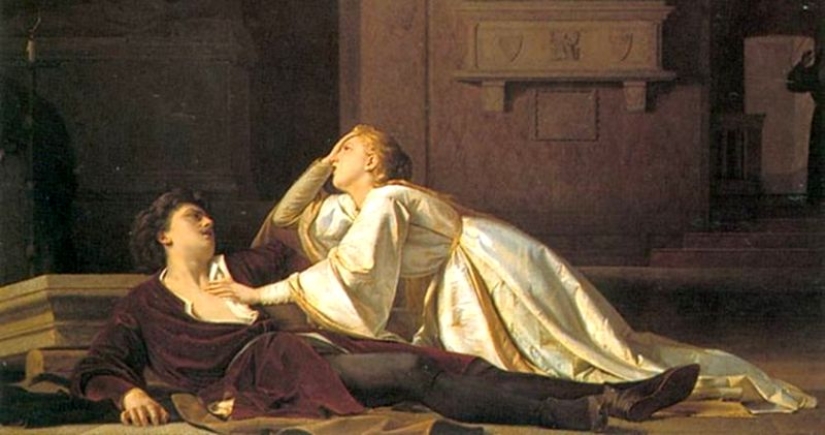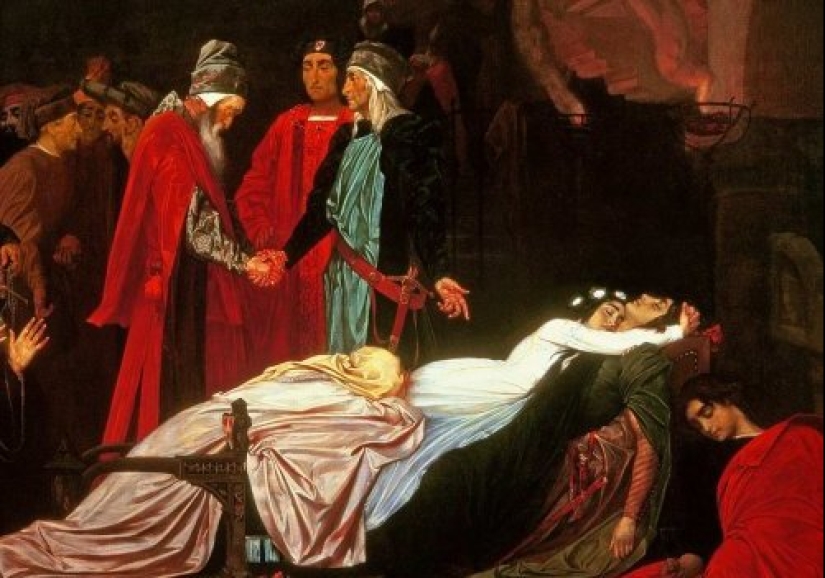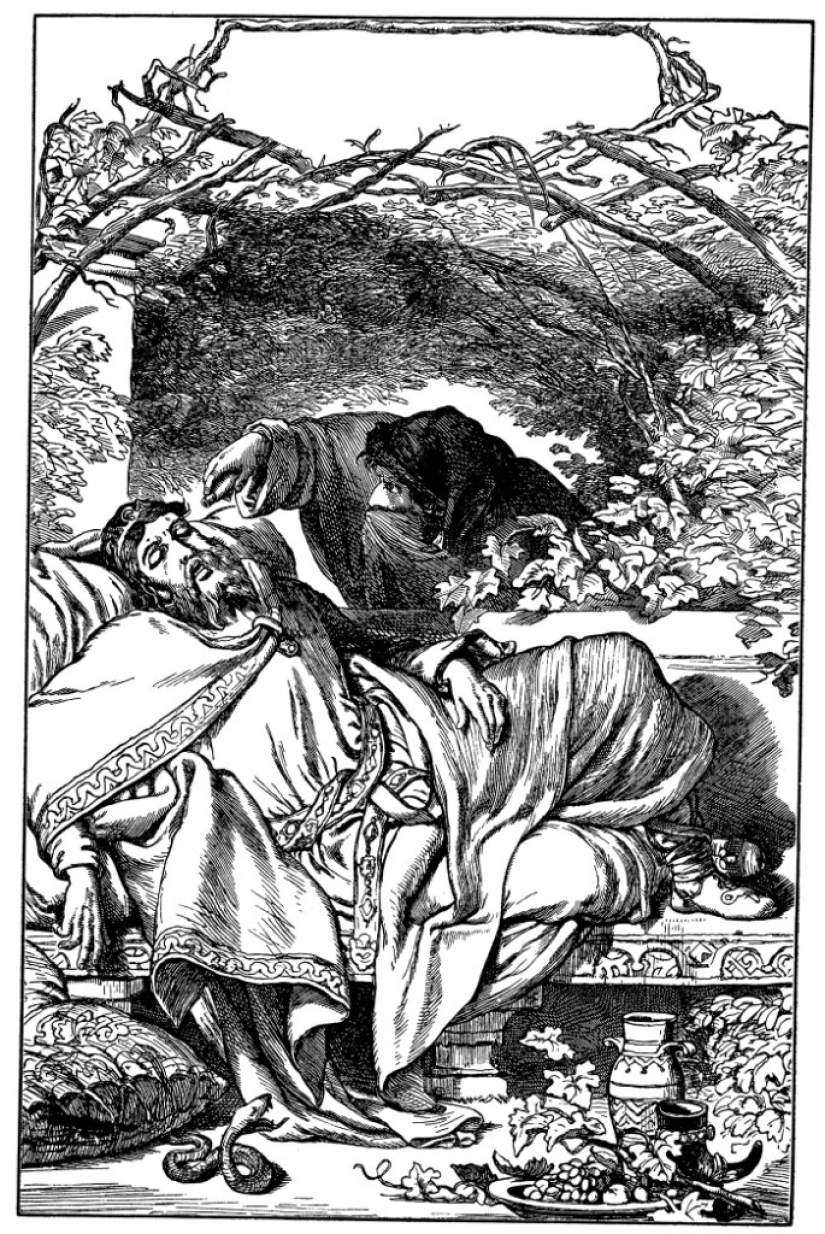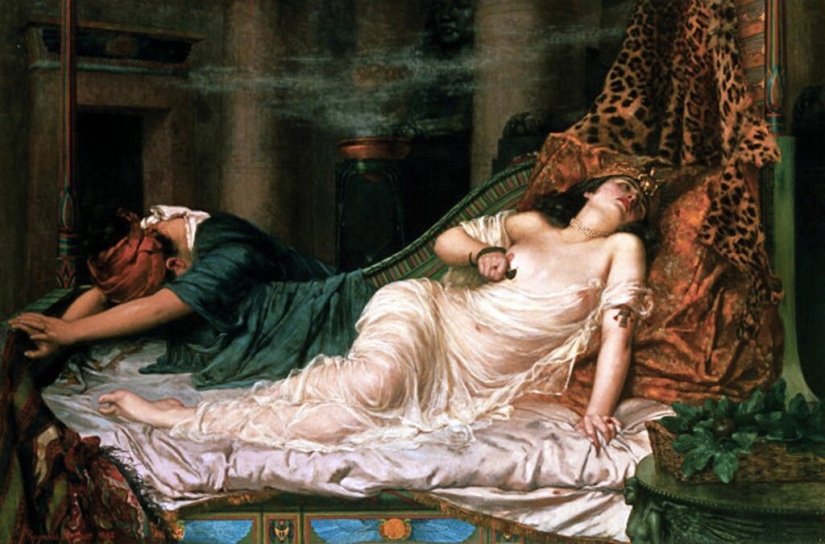The scientist caught Shakespeare in incompetence in matters of death
Categories: Culture | Europe | Health and Medicine | History
By Pictolic https://pictolic.com/article/the-scientist-caught-shakespeare-in-incompetence-in-matters-of-death.htmlEveryone who is familiar with the work of William Shakespeare has noticed how often the great playwright kills his heroes. In choosing the method of murder, the English author is also very inventive. Strangulation, sword thrust, poisoning, snake bite — as soon as the unfortunate in his plays do not die. But as for the plausibility of these deaths, it leaves much to be desired. The expert studied the works of the great Englishman and concluded that Shakespeare was poorly versed in matters of death.

We need to start with why Shakespeare has so many deaths in his plays. At the turn of the 16th and 17th centuries, when he was creating, the favorite entertainment of the people and the nobility was not the theater at all. Public executions attracted much more grateful viewers in those days. Methods of killing then were very diverse, ranging from banal beheading and ending with skinning and evisceration. The playwrights of that time needed to match in order to retain their audience.

William Shakespeare knew unacceptably little about death for a man of his time. British chemist Dr. Kathryn Harkup analyzed some death scenes in the playwright's works and concluded that they are unrealistic. The scientist justified her opinion by commenting on the death of the heroes.
Harkap estimated that Shakespeare "killed" in plays more than 70 times, but often showed poor knowledge of the material part.

So delicately Catherine accused the playwright of superficiality. Dr. Harkap wrote in her article that in Shakespeare's time, people lived an average of 35 years. Many died of diseases, some were killed in wars, and there were those who were simply executed. The theme of death was very close to the inhabitants of medieval England, so in the works of that time they loved to kill so much.
Dr. Harkap cites examples from Shakespeare's works such as Hamlet, Antony and Cleopatra and Romeo and Juliet. The expert began her revelations with "Hamlet". As you know, the vile Claudius poured poison into the prince's father's ear while he was sleeping, and killed him with it. Harkap is sure that this method does not work:

In the tragedy "Anthony and Cleopatra", the queen of Egypt lost her lover and is about to lose her power. She orders an Egyptian cobra to be secretly brought to her chambers, hiding it in a basket with figs. Harkap is skeptical about the possibility of hiding this snake among the fruits. An adult Egyptian cobra grows up to 1.5 meters, which is quite a lot. The very scene of Cleopatra's death in general seems far-fetched to the expert:

At the same time, Dr. Harkap recalls that when studying bee stings, the chest turned out to be the most painful place. The scientist believes that Cleopatra had to suffer a lot before her death.
The imitation of the death of the main heroine of the drama "Romeo and Juliet" looks no less strange. The girl takes a potion that makes her look like she's dead. Juliet's breathing and pulse slows down for 42 hours and everyone thinks she's dead. Harkap says that the poison tetrodoxin is able to slow down breathing and pulse, making them almost invisible.
The doctor also suggested that Shakespeare might have heard about this poison from merchants. At that time, England was developing trade. Japan, where the puffer fish is in special esteem. It is in it that the deadly poison is contained in large quantities. It is capable of causing temporary paralysis in small quantities, indistinguishable from death.

Everything seems to fit together, but in the play the girl wakes up and does not feel any side effects from the poison. This cannot be, because after taking a dose capable of putting Juliet into a coma for almost two days, she would never have fully recovered.
In general, Catherine Harcup was dissatisfied with Shakespeare. For the author, some die too easily, while others, on the contrary, survive when it is impossible.
Recent articles

It's high time to admit that this whole hipster idea has gone too far. The concept has become so popular that even restaurants have ...

There is a perception that people only use 10% of their brain potential. But the heroes of our review, apparently, found a way to ...

New Year's is a time to surprise and delight loved ones not only with gifts but also with a unique presentation of the holiday ...